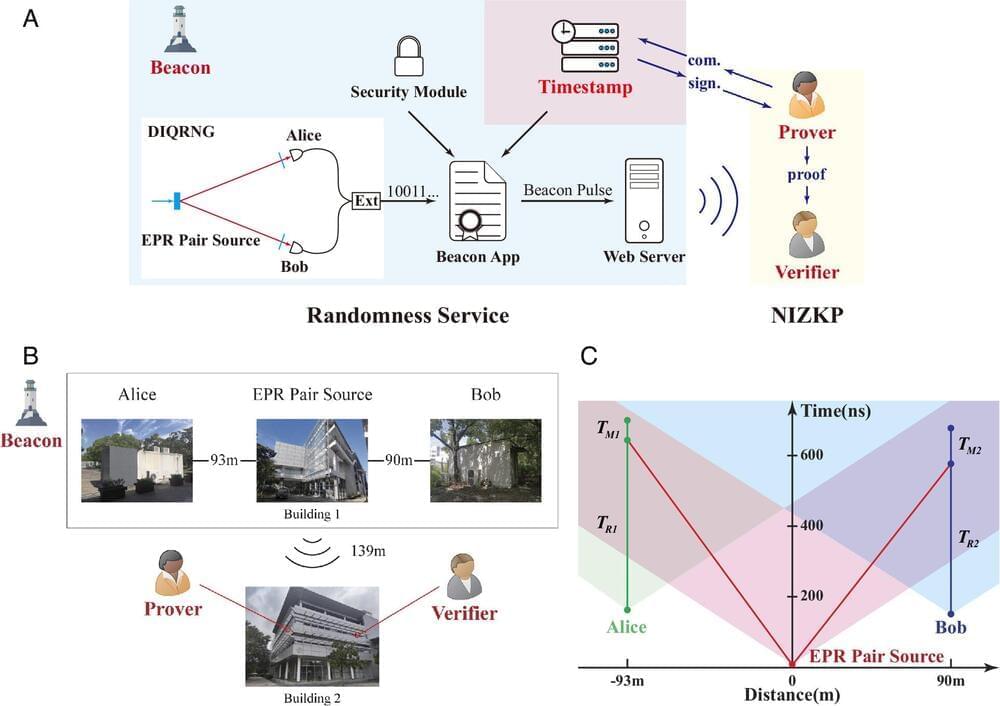It seems for every proponent for quantum computing there is also a detractor.
Given the amount of quantum computing investment, advancements, and activity, the industry is set for a dynamic change, similar to that caused by AI – increased performance, functionality, and intelligence. This also comes with the same challenges presented by AI, such as security, as outlined in the recent Quantum Safe Cryptography article. But just like AI, quantum computing is coming. You might say that quantum computing is where AI was in 2015, fascinating but not widely utilized. Fast forward just five years and AI was being integrated into almost every platform and application. In just five years, quantum computing could take computing and humanity to a new level of knowledge and understanding.
Follow me on Twitter or LinkedIn. Check out my website.
The author and members of the Tirias Research staff do not hold equity positions in any of the companies mentioned. Tirias Research tracks and consults for companies throughout the electronics ecosystem from semiconductors to systems and sensors to the cloud. Tirias Research has consulted for IBM, Intel Microsoft, Nvidia, Toshiba, and companies throughout the quantum computing ecosystem.








